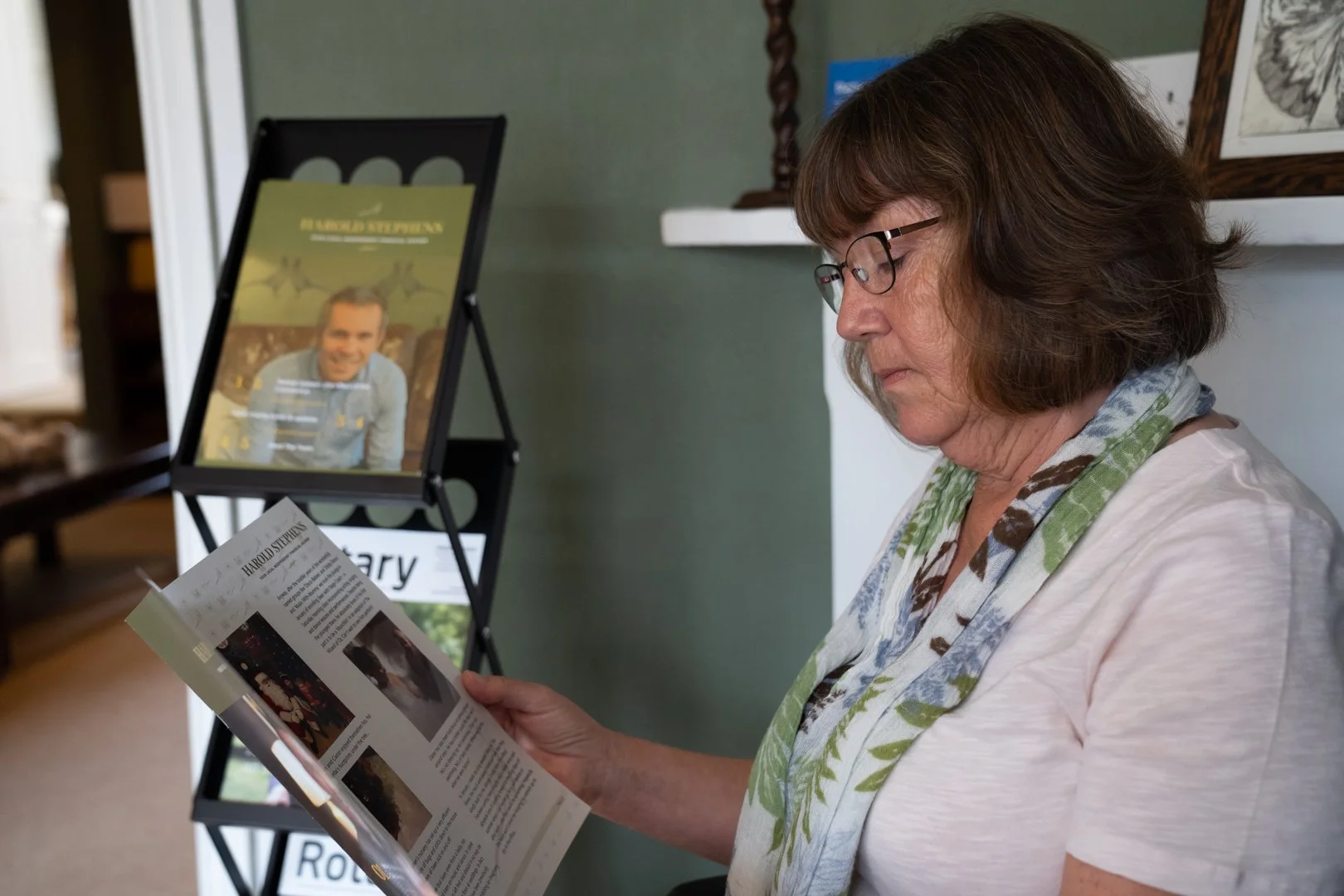At extremely short notice, Rachel Reeves recently delivered what the Treasury described as a ‘Scene Setter speech’. With the Budget just three weeks away, the speech was expected to be a numbers-free pitch-rolling exercise ahead of unmentioned large tax increases. In that regard it did not disappoint.
Read MoreThe Institute for Fiscal Studies (IFS) has returned to a favourite topic, the impact of threshold freezes. Good timing (or co-incidence?). On the day (Friday 14 November) that the Financial Times reported the Chancellor has “ditched plan to increase income tax rates in the Budget”, the Institute for Fiscal Studies (IFS) issued a comment piece examining the consequences of extending the income tax threshold freeze to 2029/30.
Read MoreThe influential Institute for Fiscal Studies (IFS) has issued a pragmatic summary of the Chancellor’s tax increase options ahead of November’s budget together with recommendations. The key findings as they may relate to retirees and those in later life are as follows.
Read MoreThe October 2024 Budget announced new rules which will, from 6 April 2026, mean that only the first £1million invested in our independently recommended inheirtance tax (IHT) Free Investment Plans will qualify for 100% IHT relief. With the excess over £1million being eligible for relief at 50% only. Here, we consider how these new rules relate specifically to lifetime gifting.
Read MoreAs the November Autumn Budget approaches, the Chancellor faces a potential £50 billion fiscal black hole, driven by slower economic growth, lower tax revenues, and higher welfare spending. This fiscal “trilemma” forces tough choices between meeting fiscal rules, honouring spending commitments, and avoiding extra tax burdens on working people. We have broken down what these challenges mean for your finances, helping you understand the potential impact on taxation, pensions, and later life planning so you can make informed decisions with confidence.
Read MoreOne of the most important pre-Budget assumptions that will determine tax policy at the next budget will be that of economic growth. Any further downturn in economic growth forecasts will see any remaining fiscal headroom quickly disappear – resulting in inevitable tax rises. But what options does the chancellor have?
Read MoreA flurry of rumours has surfaced about potentially radical changes to the taxation of Lifetime Gifts for Inheritance Tax purposes. As the Government looks at ways to increase tax revenue at the next Budget to fill the deepening financial ‘black hole’ that is emerging.
Read MoreA flurry of rumours have recently surfaced about potentially radical changes to the taxation of property. How likely are these changes and how far would they go in helping the Chancellor meet her ‘non-negotiable’ Fiscal Rules (to bring the nation’s current account into surplus by 2023)?
Read MoreWhen a community understands dementia, it becomes a kinder, more connected place for everyone. Small changes - a bit more patience, clearer communication, a welcoming environment - can make an enormous difference to the lives of people living with dementia and those who care for them.
We’ve seen first-hand how awareness and empathy can transform everyday interactions. Whether it’s helping clients plan for later life, supporting a family navigating care decisions, or simply taking the time to listen, we believe that understanding dementia helps us offer advice that’s not only practical, but genuinely compassionate.
Read MoreOver the summer, HMRC confirmed through draft legislation that, from 6 April 2027, unused pension funds will be included in an individual’s estate for inheritance tax (IHT) purposes. Alongside this, important reforms to Business Relief (BR) have also been confirmed to take effect from 6 April 2026.
Read MoreThe influential ‘think tank’ The Resolution Foundation has outlined, in its latest report, measures for the Chancellor Rachel Reeves to consider as she looks to dig herself out of the £20bn-£50bn black hole in November’s Budget. Given Resolution’s closeness to Government, it’s likely that at least some of the proposals will make their way into the Budget in two months’ time.
Read MoreFreezing income tax bands and allowances is shaping up to be one of the largest UK tax changes in years, affecting millions of people by 2028/29. More individuals will pay income tax, and higher earners could move into elevated tax bands, potentially raising nearly £49bn by 2029/30. At Harold Stephens, we understand how these shifts can impact your finances and retirement planning. Our advice helps you navigate tax changes with confidence, protect your wealth, and make informed decisions for later life.
Read MoreOver the summer, the Chancellor used the now annual, and seemingly ever-increasing in important Mansion House speech, to announce a range of proposals on the regulatory front which may rear their head in November’s budget. Read on to find out more about which may impact later life financial planning.
Read MoreThe costs of making sure someone you love is well cared for in later life can be astronomical, especially if you decide upon one of the best homes in North West Bristol.
These costs can be highly unpredictable as you have no idea how long they will have to be paid. Because of this uncertainty, some families choose to buy a financial product known as a Long-Term Care Plan (sometimes known as an Immediate Needs Annuity). This is a life-long policy which aims to fill the gap between a person's regular income and their care costs.
Read MoreAs you will know (how could you not?!) the Budget is all set to take place on 26th November, and its promising to be a cracker.
We know there’s going to be a “fiscal black hole”. The questions are “how big?” and then “and what does this mean for taxation and spending?”
Come along to one of our Budget 2025 seminars to find out the potential impact on later life financial planning.
Read MoreWith possible tax rises in the forthcoming Budget, this Sunday the Prime Minister used a new form of wording – “The Manifesto Stands” as a way of answering questions on this. When specifically asked, at least 5 times, in a BBC interview whether income tax or VAT would be increased, the Prime Minister responded with “The Manifesto Stands”! As the interviewer, Laura Kuenssberg pointed out, as well as probably everyone watching at home, this new wording avoided directly answering the question.
Read MoreThe Chancellor’s fiscal headroom has rapidly eroded following a series of policy reversals, including Winter Fuel Payments cuts and scaled-back disability reforms, costing billions annually. Coupled with downgrades to GDP growth and higher borrowing forecasts, the UK faces mounting fiscal pressure heading into the November Budget 2025. Analysts suggest measures such as extending income tax freezes or revisiting pension tax relief could be on the table as the Government seeks to stabilise public finances and manage long-term borrowing.
Read MoreThe latest UK economic outlook from the National Institute for Economic and Social Research warns that the Chancellor is set to miss her Fiscal Rules by more than £40bn. With a projected £41.2bn deficit by 2029/30, the report raises serious questions about the Government’s ability to meet fiscal targets, stick to spending plans, and avoid tax rises. As the Autumn Budget approaches, substantial adjustments may be needed to restore economic stability and create the headroom required to meet fiscal rules.
Read MoreImmediate Care Plans, also known as Immediate Needs Annuities, can be a valuable way to manage the rising cost of long-term care. Designed for those already in care or about to move into a care home, these specialist plans provide a guaranteed income for life to help cover care fees. Read on for a deep dive into how Immediate Care Plans work, the benefits and risks, and how they fit into wider care fee planning. If you’re looking to protect assets, stabilise care costs, and gain peace of mind for your family, understanding Immediate Care Plans is essential.
Read MoreWhen care needs arise, it can be difficult to know where to start. Here’s an introduction about who might be best placed to help and some ideas about funding care fees.
It’s important to seek advice from qualified professionals with the correct knowledge, as well as someone you feel supported by. We’re here to help - please don’t hesitate to get in touch if you have any queries about funding care.
Read More



















